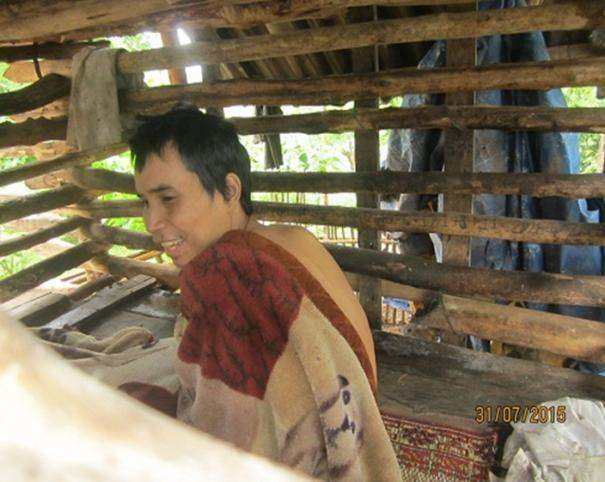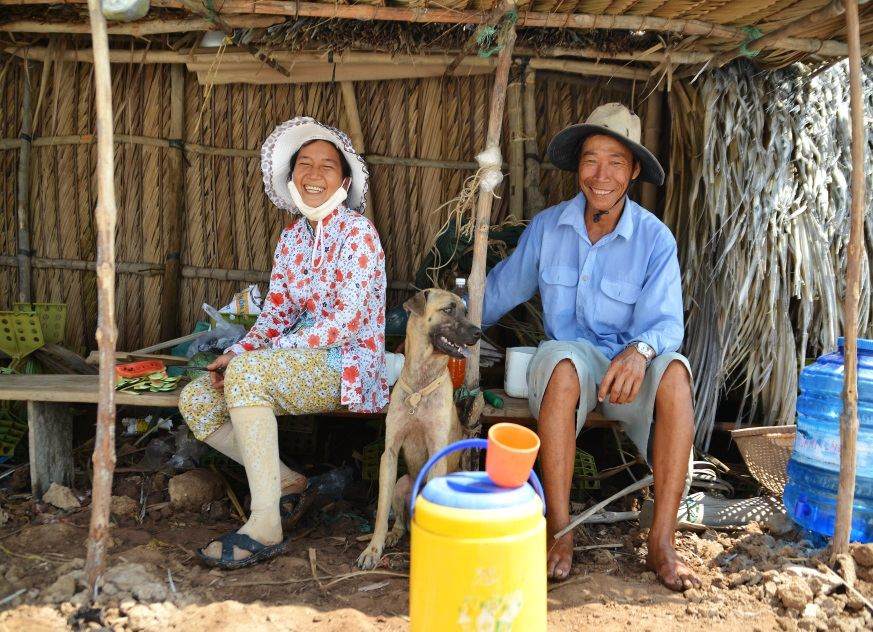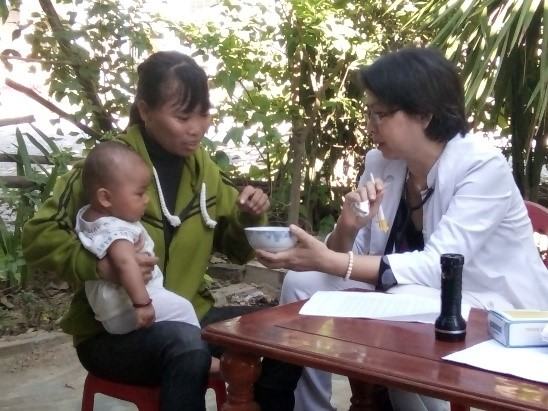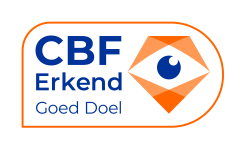Mental Health
Development of occupational therapy in Vietnam
Background
Rehabilitation has been developed in Vietnam for more than 40 years; it is still a big gap of Occupational Therapy (OT) development. The main rehabilitation practice in Vietnam is Physical Therapy (PT), yet there are currently no qualified occupational therapists in Vietnam. OT services are provided by physiotherapists with minimal clinical training in OT, or by occupational therapists from other countries who come for short periods. It is only available in a few large hospitals. Specific OT services were unavailable for mental rehabilitation, elder care, home-based care, school-based services for children with special needs, etc. The faculty (PT and Rehabilitation doctors) may not be well-equipped to teach OT in depth, due to lack of experience, equipment, and resources, limited information from books, especially those written in English. In addition to the lack of qualified OT doctors, those qualified with Masters to teach OT are not available in Vietnam. The participants of OT training survey were of the unanimous opinion that OT education needs to be commenced in Vietnam.
Being aware of the fact that OT is essential to provide comprehensive rehabilitation services, the Ministry of Health (MOH)’s orientation of rehabilitation development up to year 2020 stated that OT is one of specialized fields in rehabilitation. It is obligatory to establish Occupational Therapy Departments in Rehabilitation Hospitals as well as Provincial General Hospitals.
MCNV’s responses
In October 2015, MCNV received a fund from USAID to run a 5 – year project of OT training development in Vietnam. The project’s goal is to create the foundation and necessary conditions in order to develop the training system of professional OT in Vietnam, including the provision of OT trainers, competency-based training curriculum and OT-related policies. Specific objective of this project as follows:
- To develop a group of capable OT trainers in HMTU and UMP HCMC.
- To develop a 4-year competency-based OT curriculum at a regional level.
- To pilot an OT Bachelor training course in HMTU and UMP HCMC
- To set up two OT units for practicing during training procedure.
To implement this project in the context of having no OT experts and trainers, MCNV already approached School of Allied Health Sciences, Manipal University (SOAHS – MU), India to ask for technical support during the project implementation. Two universities in Vietnam were involved in this project including Hai Duong Medical Technical University (HMTU) and University of Medicine and Pharmacy, Ho Chi Minh City (UMP HCMC). The project has also received strong supports from Administration of Medical Service and Administration of Science Technology and Training, MoH.
Achievements so far
After almost one year conducting the project, the following results have been achieved:
- Sending a group of 4 or more trainers from HMTU and UMP HCMC to one-month orientation course on OT in SOAHS – MU.
- Sending a group of 5 Physical Therapists to an English course and Bachelor of OT course (BOT) in SOAHS – MU.
- Sending a group of 6 key persons from MoH, HMTU, UMP HCMC and MCNV to the study tour on OT in SOAHS – MU.
- Develop the BOT program outlines for full-time and part-time training courses
- Develop the Syllabus of part-time BOT program which will be piloting at HMTU and UMP HCMC in year 2017.
In the coming years, MCNV will continue to run the program as planned to reach all objectives.
Microcredit and income insurance
Microfinance – A sustainable engine for development
Background

Impacts of microfinance to the poor
At the heart of the Sustainable Development Goals (SDGs) is a commitment “to eradicate poverty everywhere, in all its forms and dimensions by 2030”. Inspired from this goal, all MCNV programs in Vietnam are committed to contribute to poverty alleviation efforts by integrating microfinance tools to support marginalized groups who are normally the poorest in their community. Over the past 10 years, MCNV has disbursed micro finance services including loans for production and water retention, savings, and health insurance, to more than 7000 households with the total value of more than 650,000Euro in programs in Vietnam.
Microfinance has proved to be one of the most powerful engines in the global effort to end the crushing poverty that deprives hundreds of millions of the world’s people of sustenance and hope. Microfinance gives poor people the opportunity to establish an existence and to create a future with prospects.

MCNV loan allow her to build water containers to save rain water to prepare for draught and salinity
Micro loans, saving and other financial services in combination with financial literacy trainings could greatly help the poor start-up their micro-businesses to generate income . This would provide the clients and their families with greater qua
ntities and more nutritious foods, education for their children and to the opportunity to improve their houses. Consequently, microfinance has an impact on the future generations.
Microfinance has a positive impact far beyond the individual household. Jobs are created, knowledge is shared, civic participation increases, and women are recognized as valuable members of their families and communities. Microfinance could also improve the community solidarity and connection between people.
An equally important part of microfinance is the revolving mechanism in using funds from donors so if microfinance is managed well, it could allow a certain amount of funding to serve more and more poor families. These funds would be more beneficial longer term so the impacts will be multiplied in comparison with other kind of development grants.

An extreme poor old lady received a friendship house built from MCNV microfinance projects in Ben Tre 2015
Micro-entrepreneurship is the key for the poor’s self-empowerment. It turns the poor from a passive and weak role in the development process to active agents of change. The personal talents and community support are fully mobilized for business development and this process is the best capacity building for those who are poor. Microfinance directly impacts and benefits women’s empowerment since microfinance particularly focus on women and gradually consolidates the role and capacity of women in family and in the community.
Future plan
In recent decades, the microfinance crises have showed that microfinance could harm the development if being used in an extreme way. So MCNV is making its effort to balance the social and financial performance of microfinance projects by using Social Performance Management (SPM) system. Applying the SPM permits microfinance assist the poor to escape poverty while ensuring the whole microfinance system runs as healthy as a double bottom-line financial institute.
MCNV also wants to share and expand the best practice in microfinance and social performance management to other organizations and communities. We look forward to like-minded partners and donors to promote the real microfinance with focus on social performance and sustainability.
Embracing Practices of Inclusion
A new publication by MCNV, Global Initiative on Psychiatry, and World Granny is available:
Download Embracing Practices of Inclusion
Stories of how people in Georgia, Lao PDR, Sri Lanka, Tajikistan and Vietnam made inclusive development happen in their societies.
MCNV and a.s.r. win Partnership Award 2016
On Thursday afternoon, May 12th, in the Hague, the Best New Partnership Award 2016 is awarded to the team of MCNV and a.s.r., for the best social project in a developing country.
Health Office – Lao
The main role of the Health office is to oversee the health care of all the communities in the district Nong.
Ministry of Health – Vietnam
Within the Ministry of Health, MCNV has close cooperation with the Department of Treatment for the work on disability,
Ministry of Education & Training – Vietnam
The Ministry of Education and Training has mainly been a partner in the field of inclusive education,
Ministry of Labour-Invalids and Social Affairs – Vietnam
The Ministry of Labour, Invalids and Social Affairs is a partner in the social side of services to the disabled.






